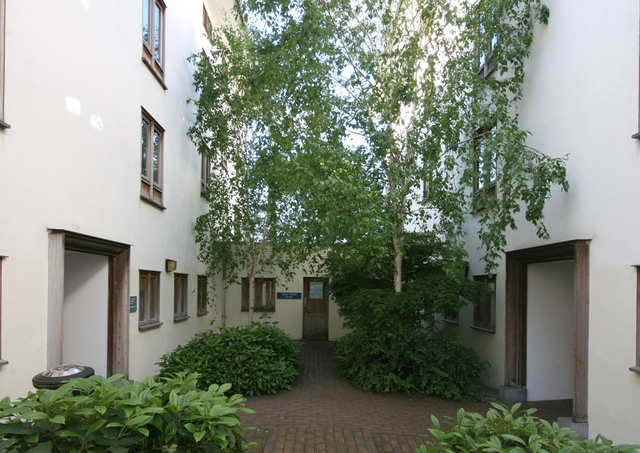The College Health Service will not offer coronavirus testing to students who are travelling home for Christmas, unless they are showing symptoms or are a close contact of someone who has tested positive.
Speaking to The University Times, Dr David McGrath, Director of the College Health Service said: “Since COVID started, and the HSE testing centers have been for people who are symptomatic, or who are identified as close contacts, they’ve always specifically excluded testing for travel or testing for any other social reasons.”
McGrath revealed that the College Health Service had asked the HSE if College could provide the service to students who were travelling home for Christmas and were hoping to test “ 60 or 70 students a day.”
However, the HSE decided that there has not yet been presented a “clinical” need for optional testing in Trinity.
“The main reason for that is in terms of testing capacity, and general testing capacity in the country, there is enough testing capacity for testing symptomatic people and close contacts. But if they’re put in social testing, or people being tested because they’d like to be tested, There isn’t the capacity to do that. So that’s why they are redirected to private testing labs.”
The cost of a private test ranges from €129 to €199 depending on how quickly an individual wishes to receive their results.
While Trinity has a testing centre that is staffed by College Health Service nurses, the testing of the sample is administered by the HSE’s Public Health East department, which encompasses large parts of the greater Dublin area.
Optional testing had previously been offered at the University of Limerick (UL) and University College Cork (UCC) following outbreaks of coronavirus within those colleges.
Both Trinity College Dublin Students’ Union (TCDSU) and the Trinity Graduate Students’ Union (GSU) have been advocating for testing for homebound students.
Speaking to The University Times, TCDSU Education Officer Megan O’Connor said: “The students that are looking for these tests are doing some to protect others and they’re taking ownership of their own particular responsibility for their own actions.”
“I can really appreciate the importance of ensuring that we prioritize those more at risk in those healthcare settings and the elderly and vulnerable. I do think that students are such a large cohort, they’re a very vulnerable cohort in this sense, in relation to spread.”
“If the Government is going to continue to consider education as an essential service, they need to treat it like that to know when they need to ensure that there’s the infrastructure to support it because if we’re looking at an increased amount of teaching for the second semester, as the Department of Higher Education has requested us to do, I think they need to do this. So it’s something that is not only important today, but particularly looking into early next year as well”, O’Connor concluded.
In an email statement to The University Times, GSU President Giséle Scanlon highlighted that “from our Survey two weeks ago, our data shows that half of the number of postgraduates who participated intend to return home.”
“For research students I’m investigating the possibility of a fund to be put in place for each School to charge against for research students to take private COVID-19 tests (leaving and returning) over the Christmas break so that they can work in labs and as teaching [assistants].”
“The numbers are small but I believe that it would make a huge impact on face-to-face labs and tutorials come January. This however does not address the wider [postgraduate] community.”
“Public Health East needs to offer a Pre-Christmas Sars COv-2 test for asymptomatic students with PCR tests for students wishing to return home to their families for Christmas.”







